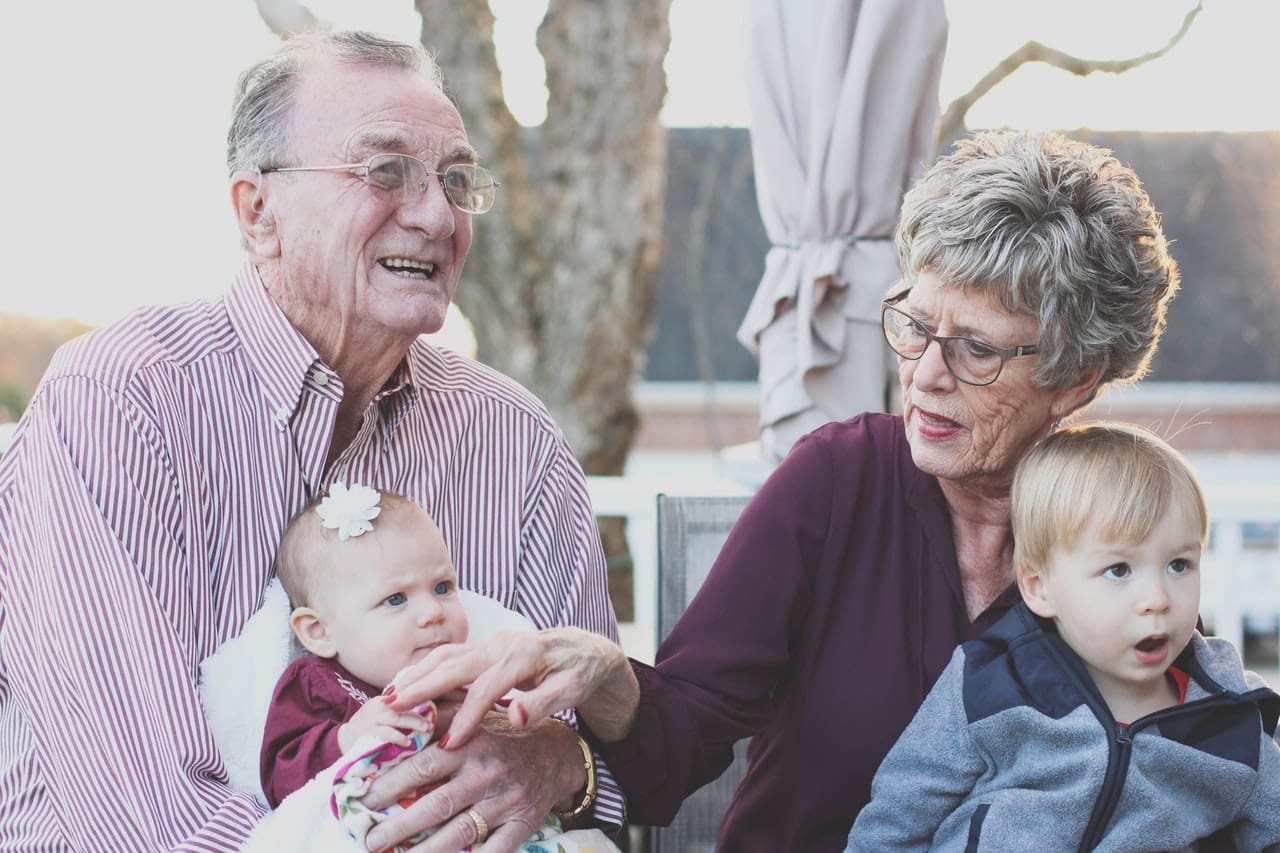When you are in the process of choosing which live-in care provider you will use (either for yourself or for a relative), it is important to understand the level of training received by your professional carer and the qualifications held.
There are many things that you should consider when hiring a carer. Although care worker qualifications are not necessary, relevant qualifications can provide insight into whether your new carer is able to provide a high-quality, home-care service.
Both health and social care qualifications and professional training are at the heart of any high-quality live in care service. Carers who have received comprehensive training are well-placed to offer an excellent standard of elderly care. This is especially important when selecting a home care company for an individual who is living with a complex condition, such as dementia or Parkinson’s.
Skills and training for live-in care workers
A specialist home care company with exacting standards will ensure that its staff are equipped with a broad range of skills and qualifications to help them care for individuals in their own homes. The industry is regulated by the Care Quality Commission (CQC) who stipulate that any carer working with the elderly complete four statutory modules; Moving and Handling, First Aid, Food Hygiene and Safeguarding.
However, any prospective live in care provider should offer a broader range of training if delivering a high quality home care service, including:
- Cultural sensitivity
- Communicating effectively
- Health and safety
- Personal care
- Infection control
- The ageing process
- End of life care
- Dementia care at home
- Parkinson’s care
- Depresssion care
- Medications administration
- Cooking and nutrition
All of the above really are at least the basic requirements for a high quality home care service. Together, they comprise of what is needed to provide care that ensures an individual’s physical safety and comfort, a healthy and well balanced diet, optimised health and enhanced wellbeing.
The care regulator, CQC, also requires any professional carer delivering a home care service to be enrolled on or working towards enrolment on a Diploma in Health and Social Care (previously an NVQ qualification). Check with the live in care provider that they are delivering this programme of training to ensure their carers have this qualification.
It is also important to understand what provision the home care provider makes for ensuring its carers receive on-going, or advanced, training, to ensure best practice in service delivery. Home care providers who are delivering high standards will have an established programme of professional development in place for their care team.
Care Worker Qualifications
There are numerous health and social care qualifications available for someone interested in care work. Although these qualifications are not necessary to become a carer, they are designed to equip learners with the training and skills they need, to care for others in a wide range of health and social care settings.
Level 1, 2 and 3 Qualifications
Level 1, 2 and 3 care worker qualifications provide an introductory background in care work, but it’s important to note that they don’t necessarily mean that someone is ready to provide care. These qualifications provide the foundations which should be accompanied with real hands-on experience in a care environment.
Level 2 and 3 Diplomas
Diplomas in Health and Social Care expand on the foundations of the Level 1 Care Worker qualification. These diplomas are generally taken by someone already working in the care industry and who wants a formal recognition of their skills. Some diplomas allow the carer to specialise in a certain area of interest to them, such as dementia care, residential care, or end-of-life care.
Specialist nursing care
When caring for someone with a complex condition, a nursing qualification can be beneficial. Nursing qualifications allow someone to provide specialist and technical care that goes beyond what most carers can provide.
At The Good Care Group, our nurse-led care is provided by senior professional carers. Our carers will not provide any nurse-led care without having completed our specialist training programme, which equips them with the skills they need to perform any nursing task usually delivered by a district nurse, including:
- Continence care, including bowel care and catheterisation
- Undertaking gastrostomy care, including PEG feeding, stoma care and urostomy care
- Blood sugar monitoring
- Wound management and dressing
- End-of-life care
Carers who specialise in dementia care should have completed an in-depth training course, to ensure they can effectively manage and support a person living with this condition. Everyone living with dementia has very different symptoms and needs, so it is always important to discuss these with your carer and care provider, so that you or your loved one receive bespoke support.
If an individual is living with Parkinson’s disease, carers should be trained to understand the importance of drug medication management and should be able to use strategies to meet the communication and cognitive challenges of this condition. We recommend speaking to your live- in care provider for more information about how carers are trained to provide care at home for Parkinson’s disease.
If you’re considering care for yourself or a loved one and would like to find out more about how we can help, give us a call today on 0808 2581 688. Our friendly client services team will be happy to talk through your needs and requirements with you.


